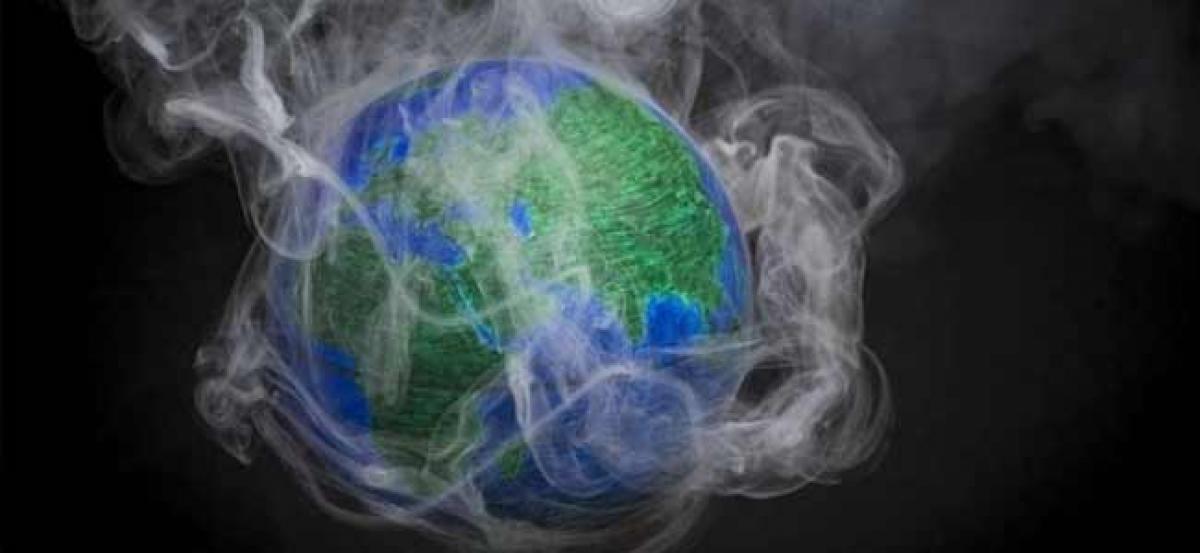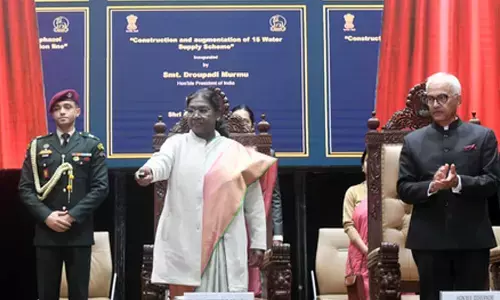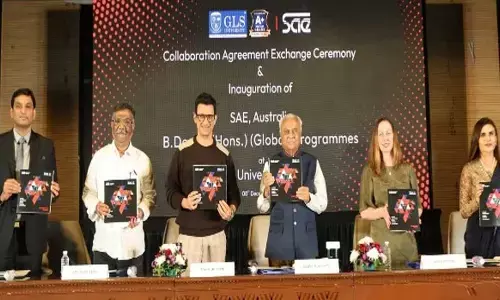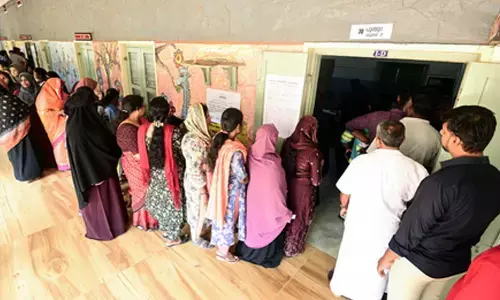Attention humans! Earth has only till 2030 to avert climate change disaster: Your ultimate guide to IPCC report

The UN Intergovernmental Panel on Climate Change IPCC published a report on Monday saying temperatures were likely to rise by 15 degrees Celsius between 2030 and 2052 if global warming continues at its current pace
The UN Intergovernmental Panel on Climate Change (IPCC) published a report on Monday saying temperatures were likely to rise by 1.5 degrees Celsius between 2030 and 2052 if global warming continues at its current pace.
Below is some background about the IPCC and the report.
WHAT IS THE IPCC?
The IPCC is the world's leading body for assessing the science related to climate change, its impacts, potential future risks and possible response options.
It was established in 1998 by the U.N. Environment Programme and the World Meteorological Organization to provide policymakers with scientific assessments on climate change. It has 195 member states.
The IPCC's previous report, called the Fifth Assessment Synthesis Report (AR5), was completed at the end of 2014 and called for greenhouse gas emissions to be cut to zero by 2100 to limit the risk of irreversible damage from climate change.
Its next major synthesis report, AR6, will be finalised in the first half of 2022. There will also be two more special reports on oceans and land use next year.
WHAT IS THIS LATEST REPORT ABOUT?
Monday's "Special Report on Global Warming of 1.5 degrees", prepared at the request of governments which signed the 2015 Paris Agreement, outlines the impact of global warming of 1.5C above pre-industrial levels and steps needed to contain warming at that level.
The summary for policymakers presents the main findings of the report, based on an assessment of all available scientific, technical and socio-economic research. It compares the impact of global warming of 1.5C and 2C.
The report was prepared by 91 authors and review editors from 40 countries. More than 6,000 scientific references are cited and there were 133 contributing authors. It also contains more than 42,000 expert and government review comments.
Writing of the report was led by three working groups - one to assess the physical scientific basis of climate change, the second to look at impacts, adaptation and vulnerability, and the third to assess climate change mitigation.
WHEN WAS THE "SPECIAL REPORT" FINALISED?
The IPCC met in Incheon, South Korea last week to finalise the report's findings. Scientists and government representatives reviewed the summary to ensure agreement on the wording. It was approved by the IPCC on Oct. 6.
IPCC sessions are conducted behind closed doors. Governments can try and make changes to the text but changes must be agreed by consensus. In addition, IPCC scientists ensure any amendments are consistent with the scientific evidence.

















